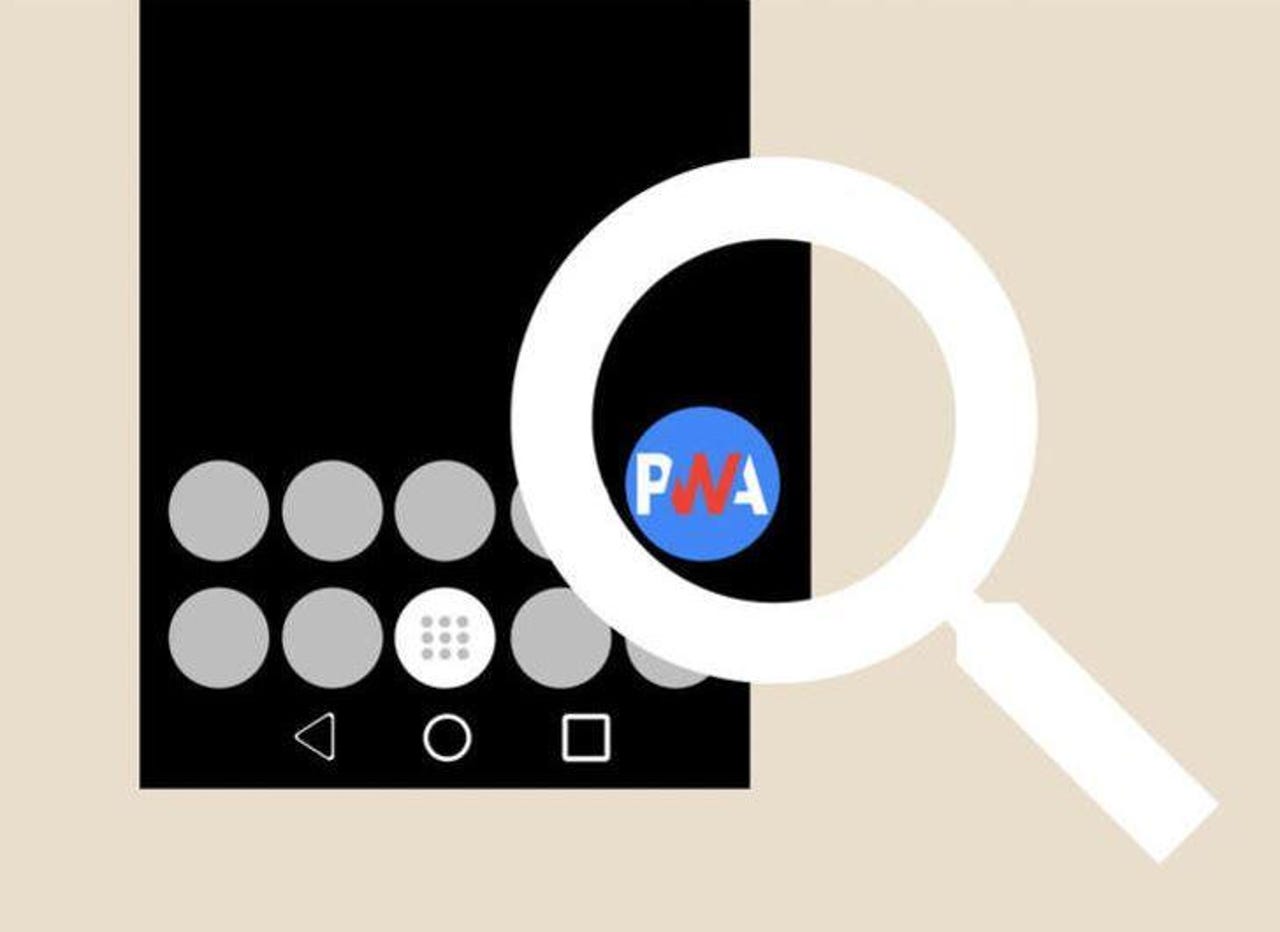Microsoft starts talking up its Progressive Web App plans (again)

Featured
A year ago, Microsoft seemed to be pushing full steam-ahead with Progressive Web Apps (PWAs). Since then, the company's PWA momentum -- at least publicly -- seemed to have waned. However, this week, a couple of different teams at Microsoft have started talking about their PWA plans.
Google has been the main champion of PWAs, which are basically web sites and/or apps that behave like native apps. But other vendors have jumped on the PWA bandwagon, as well, in recent years. Microsoft has been working to make PWA support part of its overall Windows 10 and Edge browser stories.
Microsoft is turning its Outlook.com and Outlook on the Web applications into PWAs, as noted by Thurrott.com. Thurrott.com's Paul Thurrott noted that Outlook on the Web is displaying a PWA "Install" button in the Brave browser address bar. That same Install option is visible to some using the Canary version of the Chromium-based Edge browser, he reported on November 25. Outlook.com also now has an Install prompt available in the Brave address bar, he reported today, November 26, which means Outlook.com also is on its way to becoming a PWA.
I asked Microsoft for more details and timing regarding its plans to turn Outlook.com and Outlook on the Web into PWAs. No word back so far.
A new video from the mid-November BlinkOn 11 conference, a link to which The Walking Cat posted to Twitter, also has a PWA angle.
That video of a presentation from Microsoft's Daniel Libby entitled "Dual Screen Enlightenment for the Web" highlights Microsoft's latest thinking about enabling PWAs and web sites to take advantage of new windowing configurations on dual-screen devices. These kinds of devices include the coming Surface Neo dual-screen tablet running Windows 10X and the Surface Duo dual-screen phone running Android.
Earlier this week, Microsoft put out a call for developers who want to be early adopters for the new common model that Microsoft is building for these kinds of dual-screen Windows and Android devices. Microsoft officials said that native app developers will be able to work with a common model that is "layered onto existing platform-specific tools and frameworks for Windows and Androids." APIs for accessing this model will be specific to each OS, officials said.
At BlinkOn 11, officials provided more details about the ways Microsoft is thinking about creating new common patterns for developers who want to take advantage of "enlightened experiences" on these kinds of devices. Enlightened experiences are applications that can be split across screens, not just in the form of one application on one side and another on the other, but in terms of a whole "new modality," which officials have referred to as "spanning."
Libby told BlinkOn attendees that Microsoft sees the web as the "go-to platform to target dual-screen devices." Microsoft is seeking to build a n abstraction between the dual-screen hardware and the UI environment in a way that will be able to accommodate a variety of use cases, including book posture, tent angle and more, he said.
Microsoft's Edge team has proposed a number of new APIs to enable enlightened experiences and has made information on those foldable-device APIs available on GitHub.
In other Outlook-related news, Microsoft recently confirmed a report by The Verge that Microsoft is testing ways to integrate Google Drive, contacts, mail and calendar integration directly into Outlook.com. A Microsoft spokesperson sent me the following statement when I asked about The Verge's report:
"We are always looking for new ways to extend the best email experience to our customers and can confirm that we're experimenting with a small set of Outlook.com users to learn and gather feedback."
